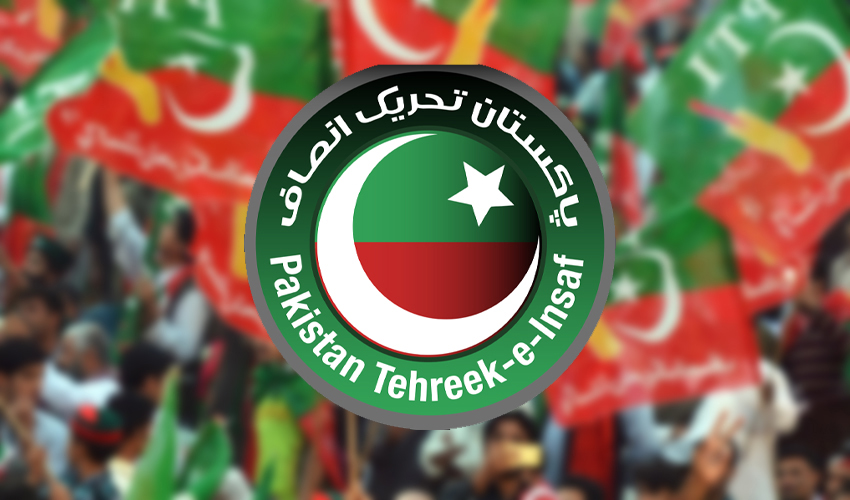The Election Commission of Pakistan has commenced the implementation of the Supreme Court's July 12 decision, issuing notifications confirming 39 MNAs as Pakistan Tehreek-e-Insaf (PTI) members in parliament.
This decision was taken in a key session of the commission presided over by Chief Election Commissioner (CEC) Sikandar Sultan Raja on Thursday.
According to the notification, these 39 Members of the National Assembly (MNAs), initially part of the Sunni Ittehad Council after winning the general elections as independent candidates, have now been officially recognized as PTI members.
These MNAs had submitted their PTI tickets to election commission at the time of submitting nominations for the February 8 elections.
The 39 MNAs are Amjad Ali Khan, Saleem Rehman, Sohail Sultan, Muhammad Bashir Khan, Mehboob Shah, Junaid Akbar, Ali Khan Jadoon, Asad Qaiser, Shahram Khan, Mujahid Al, Anwar Taj, Fazal Muhammad Khan, Arbab Amir Ayub, Shandana Gulzar Khan, Sher Ali Arbab, Asif Khan, Syed Shah Ahad Ali Shah, Shahid Khan, Nasim Ali Shah, Sher Afzal Khan, Usama Ahmed Mela, Shafqat Abbas, Ali Afzal Sahi, Rai Haider Ali Khan, Nisar Ahmed, Rana Atif, Changaze Ahmad Khan, Muhammad Ali Sarfraz, Khurram Shahzad Virk, Sardar Muhammad Latif Khan Khosa, Rai Hassan Nawaz Khan, Malik Muhammad Aamir Dogar, Makhdoom Zain Hussain Qureshi, Rana Muhammad Faraz Noon, Mumtaz Mustafa, Muhammad Shabbir Ali Qureshi, Umber Majeed, Awais Haider Jakhar and Zartaj Gul.
Moreover, the ECP also approached the Supreme Court to seek clarification on a court decision regarding the allocation of specific seats to the Pakistan Tehreek-e-Insaf (PTI) party.
Sources claimed SC verdict to consult the SC was unanimous among ECP members.
Also Read: Supreme Court declares Pakistan Tehreek-e-Insaf eligible for reserved seats
The ECP has highlighted ambiguity in the court decision, specifically mentioned under Paragraph 10 of the Supreme Court judgment. The ECP is seeking guidance from the Supreme Court on identifying the authority responsible for issuing party certificates.
The ECP noted that PTI has not conducted intra-party elections, raising questions about the legitimacy of its party structure.
There is uncertainty about which certificates should be recognized in the absence of intra-party elections and a clear party structure.
In a distinctive majority ruling, the Supreme Court on July 12 declared the Pakistan Tehreek-e-Insaf (PTI) eligible to receive reserved seats for women and non-Muslims in both national and provincial assemblies, effectively revitalizing its presence in the legislature by recognizing it as a parliamentary party.
Also Read: ECP seeks SC clarity in PTI reserved seats case verdict
Despite an 8-5 split, all 13 judges concurred in declaring PTI a parliamentary party. The majority judgement clarified that 39 out of the 80 MNAs, listed by the Election Commission of Pakistan (ECP) as PTI candidates, were indeed affiliated with the party.
The remaining 41 independents are required to submit duly signed and notarized statements to the ECP within 15 days, affirming their candidacy under a specific political party during the February 8 general elections.
The ECP decided last week to enforce the Supreme Court’s ruling. In a meeting on Friday, it was noted that 39 MNAs, recognized as PTI lawmakers, had indicated their affiliation with the party in their nomination papers. However, it was essential for candidates to submit a party ticket and declaration to the returning officer, which had not been done, making it impossible for the returning officers to officially list them as PTI candidates in such cases.


























